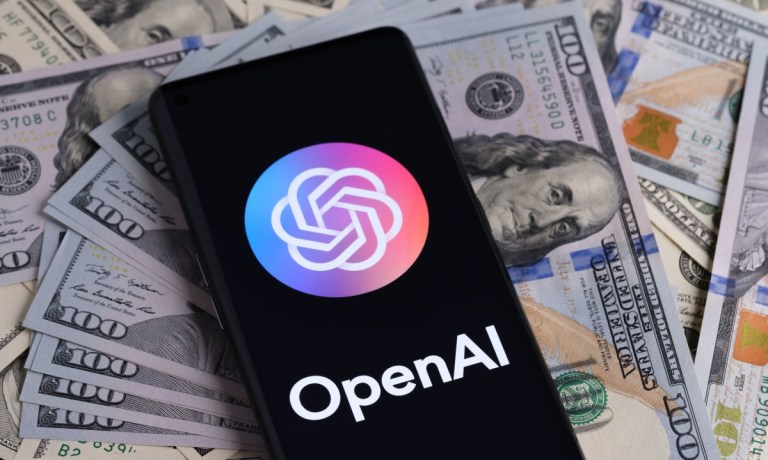
OpenAI’s $150 billion valuation will reportedly depend on whether it can change its corporate structure.
That’s according to a report Saturday (Sept. 14) by Reuters, citing sources with knowledge of the matter, who say the valuation is contingent on whether the artificial intelligence (AI) firm can remove a profit cap for investors.
The report argued that the conditions on the $6.5 billion in funding show the extent of OpenAI’s evolution from a research-based nonprofit. It also signifies the changes it’s willing to make to woo investors to fund its costly efforts in the field artificial general intelligence (AGI) — a term for AI that surpasses human intelligence.
The sources added that the funding round has attracted robust investor demand and could be finalized in the next two weeks, considering OpenAI’s rapid revenue growth.
According to Reuters, existing investors Thrive Capital, Khosla Ventures and Microsoft are expected to take part, with new backers like Nvidia and Apple also planning to invest.
The sources said that if the restructuring doesn’t work out, OpenAI would need to renegotiate its valuation with investors at which their shares will be converted, likely at a reduced figure. The company issued a statement to Reuters saying that it was focused on building AI that benefits everyone while working with its nonprofit board.
In other OpenAI news, the company has just debuted its “Strawberry” AI model, winning praise from industry observers who laud its reasoning capabilities while still noting limitations.
Scott Dylan, founder of NexaTech Ventures, a venture capital firm focused on AI, called the new model “an exciting leap forward in AI development” in an interview with PYMNTS, adding that “the model’s ability to handle complex problems in fields like science, coding and mathematics by spending more time thinking before responding sets it apart.”
Meanwhile, PYMNTS wrote recently about the fundraising efforts by another AI company: Safe Superintelligence, co-founded by OpenAI’s former chief scientist.
The 3-month-old company, which has just 10 employees, recently raised $1 billion in a funding round, something that “could signal a shift in how the technology affects commerce,” PYMNTS wrote.
“At the end of the day, it’s all about increasing profits, reducing losses, and mitigating risk. In many use cases where AI can model the problem or historical data, it can provide significant benefits,” Shoab Khan, chancellor of the Sir Syed CASE Institute of Technology, told PYMNTS.
For all PYMNTS AI coverage, subscribe to the daily AI Newsletter.